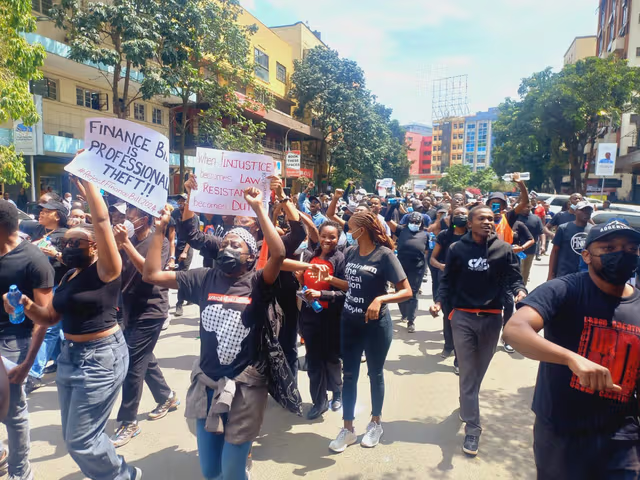
Discover 6 Meaningful Ways to Support Victims of Violent Protests—Check Out This Guide Today.


By implementing these measures, we can make a tangible difference in the lives of those affected by violent protests. Such events often leave behind a trail of devastation, affecting individuals, families, and entire communities. The aftermath includes physical injuries, emotional trauma, and sometimes the tragic loss of life.
In these trying times, it is crucial to extend support to those affected, helping them navigate through their grief and begin the healing process. Here are some effective ways to provide meaningful assistance to victims and their families:
1. Provide Immediate Medical Assistance
– For those injured during the protests, access to immediate and adequate medical care is essential. Support can be provided by donating to medical funds, covering the costs of surgeries, treatments, and rehabilitation. Healthcare professionals can volunteer their services to treat the injured, especially in areas where medical facilities are overwhelmed.
2. Offer Psychological Support
– The trauma from violent protests can have severe psychological effects. Providing free or subsidized counseling and therapy sessions can help victims process their trauma and begin healing. Establishing or promoting support groups where individuals can share their experiences and find solidarity can also be beneficial.
3. Provide Financial Assistance
– Financial stability can be a significant concern for families affected by violence. Assistance can come in various forms, such as direct financial aid to families who have lost loved ones or breadwinners, helping them cover living expenses and funeral costs.
4. Legal Support
– Many victims might need legal assistance to navigate the aftermath of protests. Lawyers can offer their services for free to help victims with any legal issues, from seeking justice to handling claims. Providing pro bono legal services ensures that those affected receive the legal representation they need. Additionally, educating communities about their legal rights through workshops can empower them to seek justice and protection.
5. Community Solidarity and Engagement
– Showing solidarity and engaging with affected communities can foster a sense of unity and support. Organizing community meetings and forums where people can discuss their experiences and find collective ways to support each other is essential. Holding memorials or vigils for those who lost their lives helps communities grieve and remember their loved ones, creating a sense of closure and collective healing.
6. Advocate for Policy Changes
– Long-term support involves advocating for systemic changes to prevent future violence and ensure better support systems. Lobbying for policies that protect citizens, improve response times, and provide better support for victims is crucial. Promoting community policing initiatives that build trust between law enforcement and communities can help reduce the likelihood of violent protests.
By taking these steps, we can collectively provide much-needed support to victims of violent protests. Every effort, no matter how small, contributes to the healing and rebuilding of affected communities. Let’s come together to offer immediate assistance, advocate for long-term changes, and foster a sense of solidarity and resilience. Your support can make a significant difference—start today by checking out this guide and taking action.
Article By Suzy Nyongesa.
